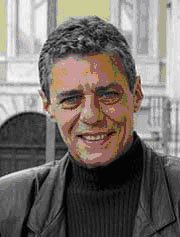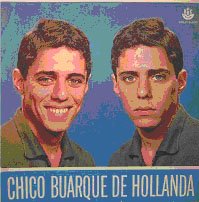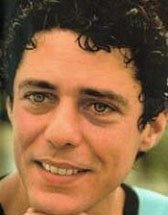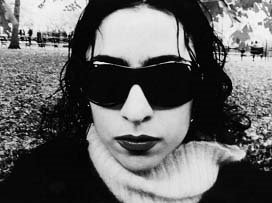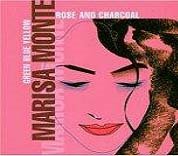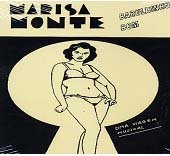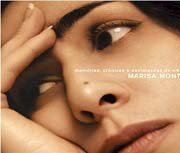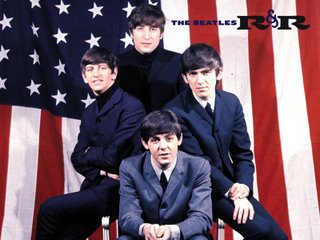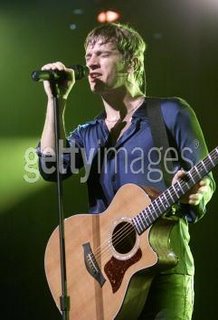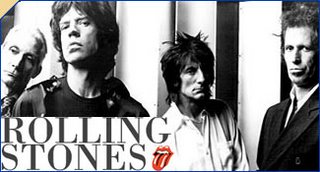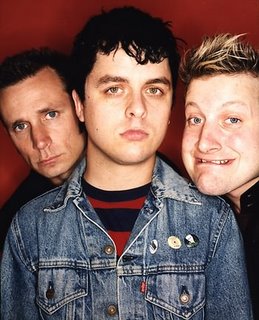Ivete Sangalo

Been born in Juazeiro (BA), Ivete Sangalo became a phenomenon of music and the media in the last years. She started to be interested in singing when she was three years old. In her adolescence, “the wheel of saraus” left her familiar to sing and to play the guitar in the “gincanas”, festivals and diverse presentations promoted by the college where she studied. Her professional debut was in a small bar in Ondina, near Salvador, she was taken by her sister Mônica, who already sang and performed in the place.


At that time, her fee was paid with one supper in the place. In a short time, Ivete was appearing in cities like Juazeiro and Senhor of the Bonfim, in Bahia, and Petrolina, in Pernambuco. At this time, she was invited to open a show of Geraldo Azevedo, in the “Theater of the Center of Culture João Gilberto”, in Juazeiro, and, shortly afterwards, to participate in one “micareta“ (a kind of Carnival off season) in Monte do chapéu, interior of Bahia. The “Jonga” producer Wedge realized her potential and decided to put together a show where Ivete gave emphasis to the sound of funk. During the rehearsals, the lead singer traveled for the interior of the Bahia following as backing vocal of the singer Lui Muritiba. The debut of the show of the singer was in the Boate Sirigüela, in the quarter of Ondina, in Salvador, in August of 1992. For this show, she won the Trophy Caymmi 1992, the Grammy of “bahian” music. With an increasing public, Ivete and her Band had presented in the Project Noon, in the Market Model, in 1993, and Jonga Wedge suggested that the extinct Eva Band should be reinvented, this time having Ivete in the front.

The first record, "Eva Band", was launched by Sony Music. The following record, "Pra Abalar" (Polygram), hit three songs: "Alô, Paixão", "Pra Abalar" and "Flores".
In each new record, the songs were easily assimilated by the fans. In her last work, in the front of the Eva Band, "Eva, You and I" (Polygram), the singer blew up as author of the hit "Carro Velho". The six records of the Eva Band sold four million copies.
The muse and sex symbol, Ivete left for a single career and launched her first record, that took her name, in 1999. In the same year she opened a producer label, the “Caco de Telha” electric Productions and Events, that, beyond it, pilots blocks, trios and an publishing company.
Project from
Rebeca Almeida Gomes
Progress 2
Teacher Fernanda
Centro Britânico - Colégio Batista

